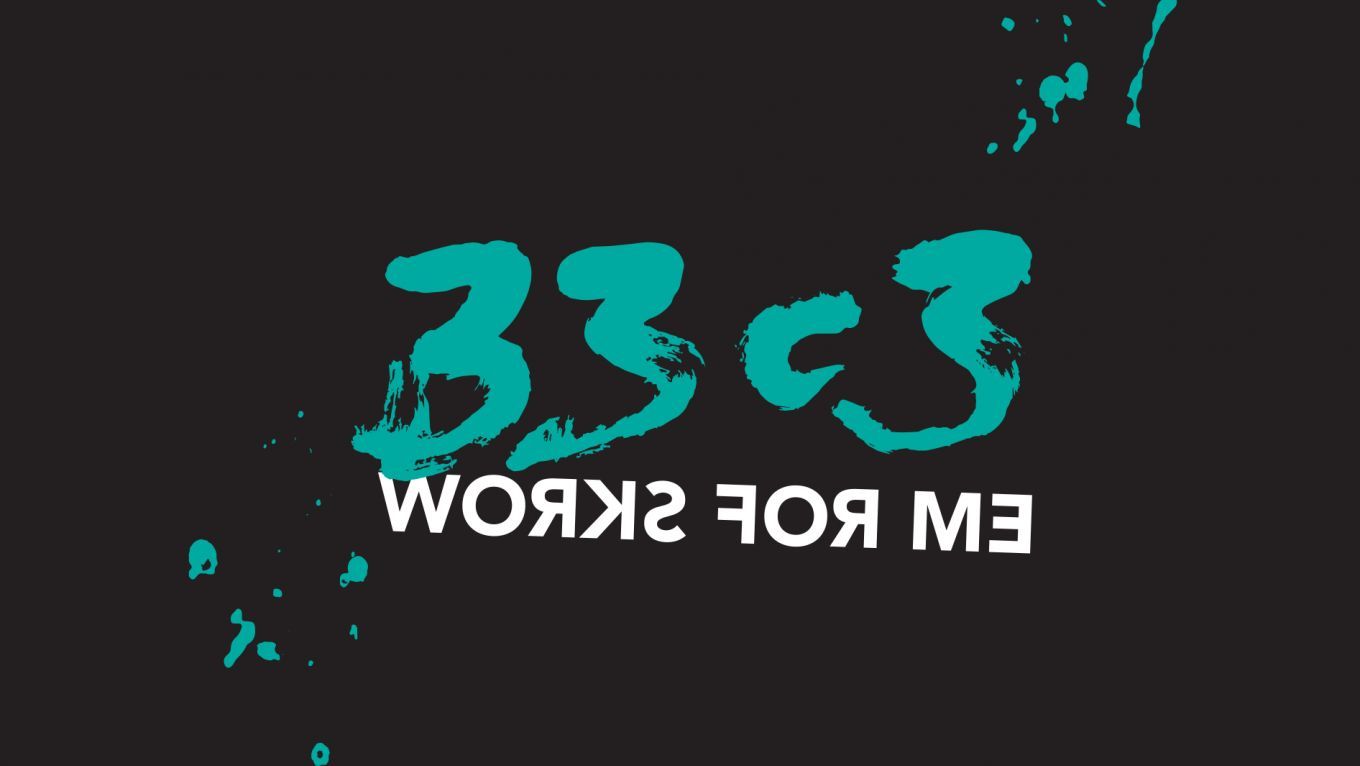Ethics, Society & Politics
State of Internet Censorship 2016
December 28, 2016
8:30 PM – 9:30 PM Add to calendar
8:30 PM – 9:30 PM Add to calendar
Saal G
2016 has been marked by major shifts in political policy towards the Internet in Turkey and Thailand, a renegotiation of the responsibilities of content platforms in the west, and a continued struggle for control over the Internet around the world. Turbulent times, indeed. In this session, we'll survey what's changed in Internet surveillance and censorship in the last year, and provide context for the major changes affecting the net today.
The good news is the community ability to monitor and act as a watchdog on policy changes is continuing to develop. The Open Observatory effort has set its sights on monitoring country policy, the US Department of State has called for proposals in the area infusing additional money, and groups like Access Now and Great Fire are working on regular measurement of services and access technologies.
As we move from an Internet regulated by DPI and technical controls to one dominated by mobile applications and legal regulations on companies, our ability to argue for policy change from an accurate factual basis is critical for advocacy and our continued right to expression. This session will arm you with an updated set of facts for your discussions in the coming year.
Additional information
| Type | lecture |
|---|---|
| Language | English |
More sessions
| 12/27/16 |
As they say in the Air Force, ‚No comms no bombs‘, – A technician’s insight into the invisible networks governing military drones and the quest for accountability
|
| 12/27/16 |
Both strong end-to-end communications encryption and device encryption are legal in most jurisdictions today, and remain widely available. Yet software programmers and hardware producers are increasingly under pressure from law enforcement and policy makers around the world to include so-called backdoors in encryption products.
|
| 12/27/16 |
Polizeibehörden und Geheimdienste sammeln Daten der Bürger – mehr als je zuvor. Der Bestand an unterschiedlichen Datenbanken ist enorm gewachsen und geradezu unübersichtlich geworden. Aufgrund datenschutzrechtlicher Regelungen gibt es für etliche dieser Datenbanken einen gesetzlichen Auskunftsanspruch des Bürgers.
|
| 12/27/16 |
In early 2015, the Federal Bureau of Investigation hacked computers in Austria, Denmark, Chile, Colombia, Greece, and likely the United Kingdom and Turkey too. In all, the agency used a Tor Browser exploit to target over 4000 computers spread across the world based on a single, arguably illegal warrant.
|
| 12/27/16 |
This talk presents the results of the technical analysis for the German Parliamentary Committee investigating the NSA spying scandal on geolocation methods in mobile networks.
|
| 12/27/16 |
Nach drei Jahren wurde endlich die nutzerunfreundliche Praxis des Routerzwangs („Compulsory Routers“) gesetzlich für unzulässig erklärt, und aktuell treibt uns die EU-Funkabschottung („Radio Lockdown Directive“) um. Um was geht es dabei? Und was können wir daraus für andere Fälle lernen?
|
| 12/27/16 |
After three years the EU has for the first time new Net Neutrality rules. What do they mean in practice? Which commercial practices by ISPs are allowed and which have to be punished by the telecom regulator. We give an overview about three years of campaign and where we go from here.
|

